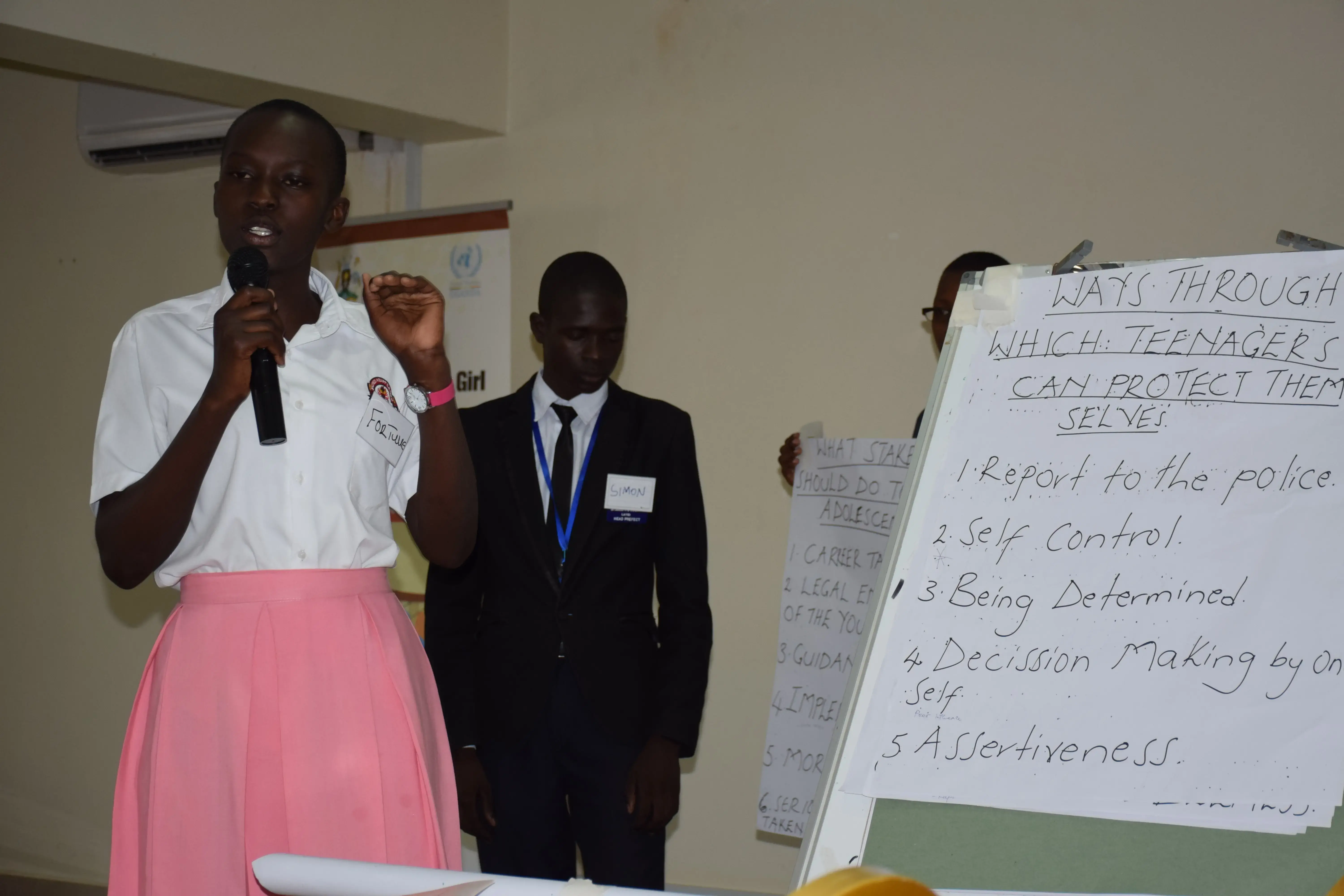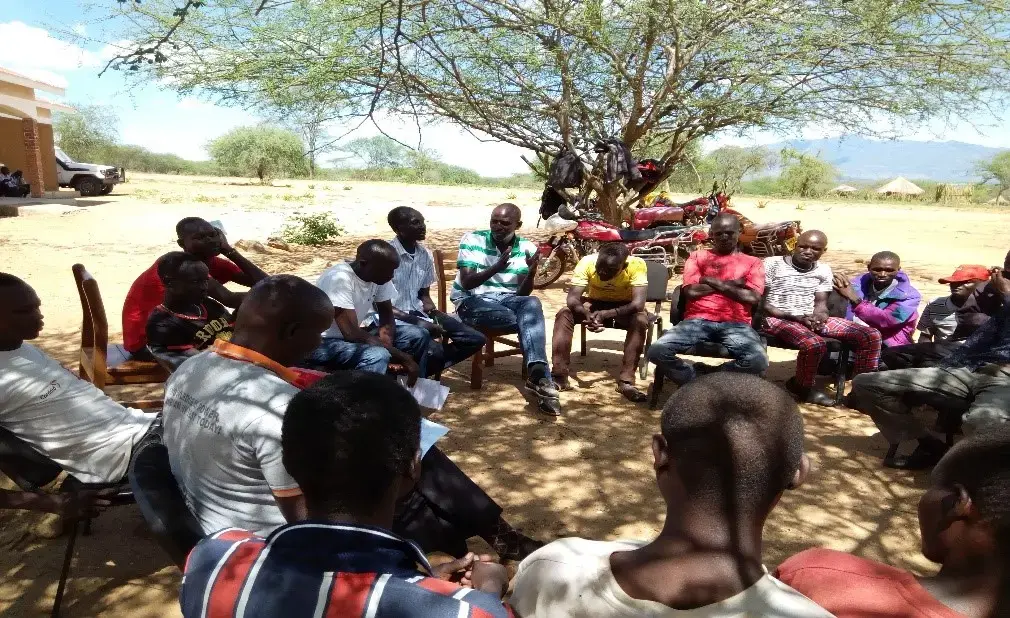When heavy monsoon rains flooded refugee camps in Bangladesh, it was midwife Shakila Parvin who, in knee-high water, delivered twins to a hypertensive mother and stabilized her before she was rushed to a nearby hospital. In Moldova, midwives have stepped forward to comfort and provide life-saving services to pregnant women fleeing Ukraine. Midwives in the largest camp for Syrian refugees have supported over 14,000 safe births without a single maternal death.
Midwives are our heroines, shepherding new life into the world while protecting the health, well-being and lives of mothers and babies. They accompany women on their journey towards motherhood, ensuring healthy and safe outcomes for the mother and her newborn.
Not only do their capable hands bring new life into the world, they are champions of sexual and reproductive health and rights, providing voluntary contraception and other essential services, while supporting childbearing women emotionally.
On this International Day of the Midwife, we celebrate the many gifts of life and health that midwives offer. We also call for broader recognition that we will not achieve universal health coverage without them, or realize our aspirations to reduce maternal and newborn deaths, as agreed in the global Sustainable Development Goals.
Midwifery is increasingly recognized and valued as a health-care profession providing services that are core — rather than peripheral — to primary health care. Yet health systems almost everywhere need to do more to support midwives and guarantee respectful, decent working conditions. Amid an acute shortage of midwives, many are overworked and underpaid.
Midwifery requires investment, which so far has fallen short. The State of the World’s Midwifery Report 2021 found that investing in universal access to quality midwifery care could save 4.3 million lives annually in the prevention of maternal and neonatal deaths and stillbirths. Sweden has already demonstrated the possibilities; by investing in the midwifery model of care, it has almost eliminated maternal mortality.
Midwifery also requires regulation. Licensing helps services meet consistent standards. Quality education and continuous professional development build essential skills. Strong associations of midwives provide channels for midwives to advocate for dignified working conditions and policies within health systems to realize the full potential of midwifery.
UNFPA is striving to make midwifery an autonomous, well-respected, fully supported profession that is fully integrated within health systems. Our global midwifery programme began in eight countries in 2008 in collaboration with the International Confederation of Midwives (ICM). Today, as ICM marks 100 years of progress for midwives, our midwifery programme is operating in over 120 countries. From this collaboration, hundreds of thousands of midwives have upgraded their skills in accordance with international standards, and there is a growing global recognition of the value of midwives’ work and their contributions in providing comprehensive sexual and reproductive health services, including ending preventable maternal and newborn deaths and disabilities.
Nevertheless, we need to do more and move faster. The COVID-19 pandemic taught us that strong, high-quality health systems must reach everyone. Midwifery is one of the keys to such progress. Let’s respect midwives as central figures in our global effort to upholding rights and choices, promoting health and protecting life.
Statement by UNFPA Executive Director Dr. Natalia Kanem on the International Day of the Midwife





